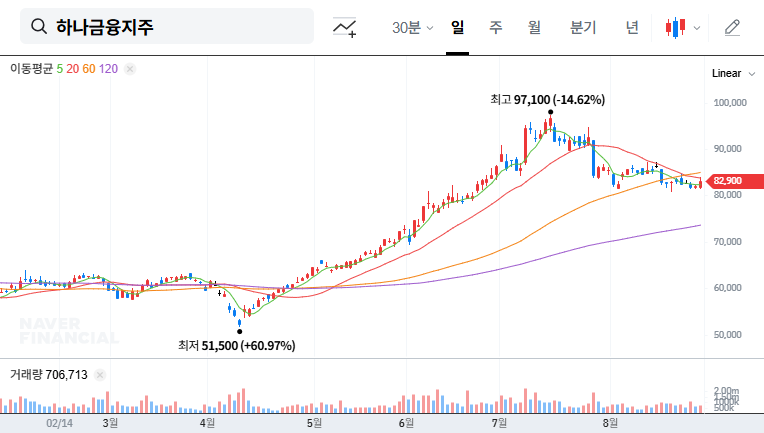
Kumho Petrochemical Announces ₩50 Billion Stock Buyback! What’s Happening?
On September 16, 2025, Kumho Petrochemical announced its decision to buy back and retire 427,845 common shares. The buyback is scheduled for September 26th and is valued at ₩50 billion.
Why Does the Stock Buyback Matter?
Stock buybacks reduce the number of outstanding shares, increasing earnings per share (EPS) and book value per share (BPS). This is generally interpreted as a positive signal for shareholder value and investor sentiment. This buyback represents approximately 1.68% of the company’s market capitalization, suggesting potential for short-term price momentum.
- Positive Impacts: Increased shareholder value, improved investor sentiment, indirect improvement in financial structure
- Negative Impacts: Temporary cash outflow, limited fundamental change
What’s the Best Investment Strategy?
Investors might consider a short-term strategy capitalizing on potential price momentum. However, close monitoring of the company’s fundamentals and the macroeconomic environment after the buyback is crucial.
- Synthetic Rubber/Fine Chemical Segment Performance: Continued growth trajectory
- Synthetic Resin/CNT Segment: Potential for recovery from current slump
- Macroeconomic Factors: Fluctuations in exchange rates, interest rates, and raw material prices
Key Investment Takeaways
- Capitalize on short-term price momentum
- Closely monitor company fundamentals and the macroeconomic environment
- Maintain a long-term investment perspective
Frequently Asked Questions (FAQ)
What is a stock buyback?
A stock buyback is when a company repurchases its own shares and retires them. This reduces the number of outstanding shares, potentially increasing the value of each share.
Will Kumho Petrochemical’s stock buyback positively impact its stock price?
A positive short-term impact can be anticipated, but long-term price movements depend on the company’s fundamentals and macroeconomic conditions.
What should investors be cautious about?
Post-buyback, careful monitoring of company performance, raw material price volatility, and exchange rate fluctuations is essential.



